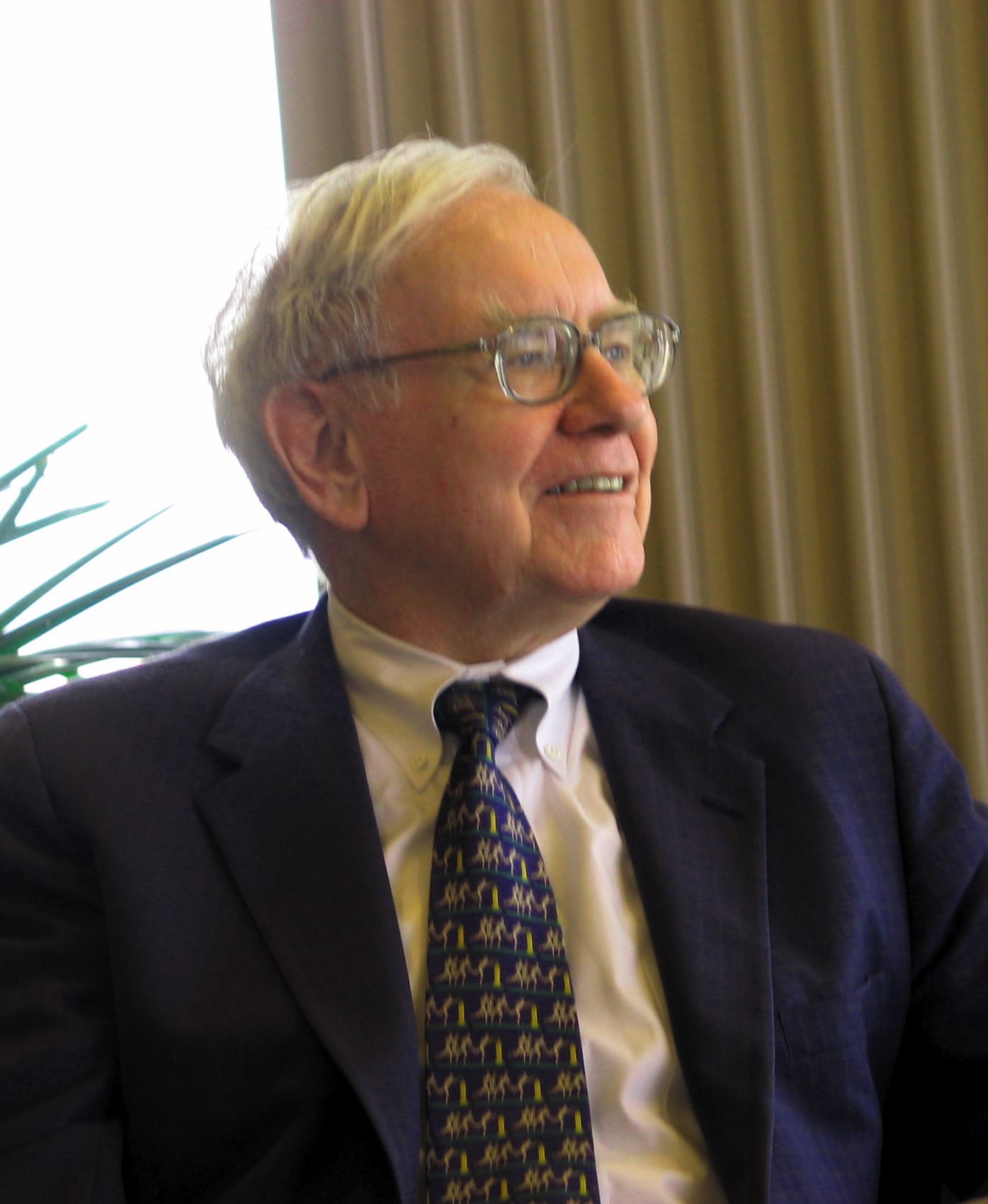Election 2012: The Buffett Fool
 The president has been spending much time on the campaign trail advocating for the implementation of the “Buffett Rule,” a policy named after super-wealthy investor Warren Buffett. The premise of the Buffett Rule is simple: mandate a minimum tax rate on the very wealthiest individuals so they can never end up paying a lower effective tax rate than their employees, most notably that of their secretaries. The reason this is even a topic of discussion is because the U.S. tax code treats money gained through investments and capital gains differently than the normal idea of “personal income,” specifically the salary received for traditional employment. Very wealthy individuals, such as Mitt Romney and Warren Buffett, are able to pay surprisingly low tax rates on annual incomes of millions, such as Romney’s rate of about 14 percent and Buffett’s rate of about 15 percent, because they are not “employed” in the traditional sense but instead make a living off of large investments.
The president has been spending much time on the campaign trail advocating for the implementation of the “Buffett Rule,” a policy named after super-wealthy investor Warren Buffett. The premise of the Buffett Rule is simple: mandate a minimum tax rate on the very wealthiest individuals so they can never end up paying a lower effective tax rate than their employees, most notably that of their secretaries. The reason this is even a topic of discussion is because the U.S. tax code treats money gained through investments and capital gains differently than the normal idea of “personal income,” specifically the salary received for traditional employment. Very wealthy individuals, such as Mitt Romney and Warren Buffett, are able to pay surprisingly low tax rates on annual incomes of millions, such as Romney’s rate of about 14 percent and Buffett’s rate of about 15 percent, because they are not “employed” in the traditional sense but instead make a living off of large investments.
However, the Buffett Rule would be an insignificant act of tax reform because its implementation would increase federal revenues by only about $47 billion over the next ten years while the overall deficit would soar into the trillions. Frankly put, the Buffett Rule is not about solving the national deficit problem at all, as its contribution to federal revenues would be like a drop of water in a sea of taxes. No, the president and the Democrats in Congress advocate for the Buffett Rule because they see it as fair. They think that the 1 percent, as they call them, should not be able to pay a low tax rate because they are so well-invested and successful that they need only to collect on investments while the rest of the workforce struggles to get by. Indeed, the middle and lower classes are suffering greatly in this anemic recovery, but it isn’t because of the wealthy. Obama’s support for the Buffett Rule leaves Americans scratching their heads and asking a simple question: “How does this help the economy?”
All the Buffett Rule would do is take a lot of money out the hands of a very small number of people. The new 30 percent minimum effective tax rate would only affect the roughly 200,000 richest Americans and in the name of “fairness” rather than any proven economic benefit. Simply put, the American people are still begging government to do something about the number one problem in this economy: jobs. If anything, the Buffett Rule would only decrease job growth due to the likely associated decrease in investment by the top income earners who underpin much of the corporate world. The president is trying to use the Buffett Rule as a tool to further divide Americans by pitting virtually the entire workforce against the allegedly excessive wealth of the richest people because the president knows that, come Election Day, everyone gets one vote, whether they be rich or poor. True, elections are, in a way, the great equalizer of wealth, but this divisive and envious rhetoric is terribly unhealthy for our country. Our capitalist system is not based on envy, but on opportunity. The success of the rich is not something to be hated, but instead a motivator for advancement in the labor market, for workers can see the wealth of the upper class as the future that can await them should they continue to build their careers. The U.S. tax code undoubtedly needs to be reformed; however, this is not the way to do it. The Buffett Rule is bad politics at its worst, because it seeks to turn Americans against fellow Americans in an unscrupulous show of class warfare that the president hopes he can use to scrape out a victory come November.
